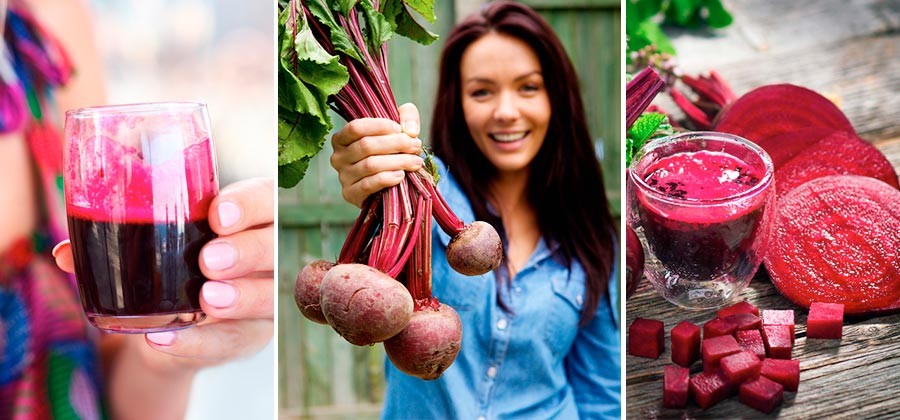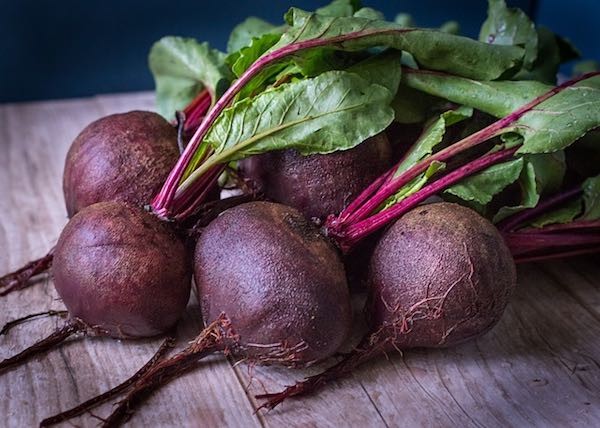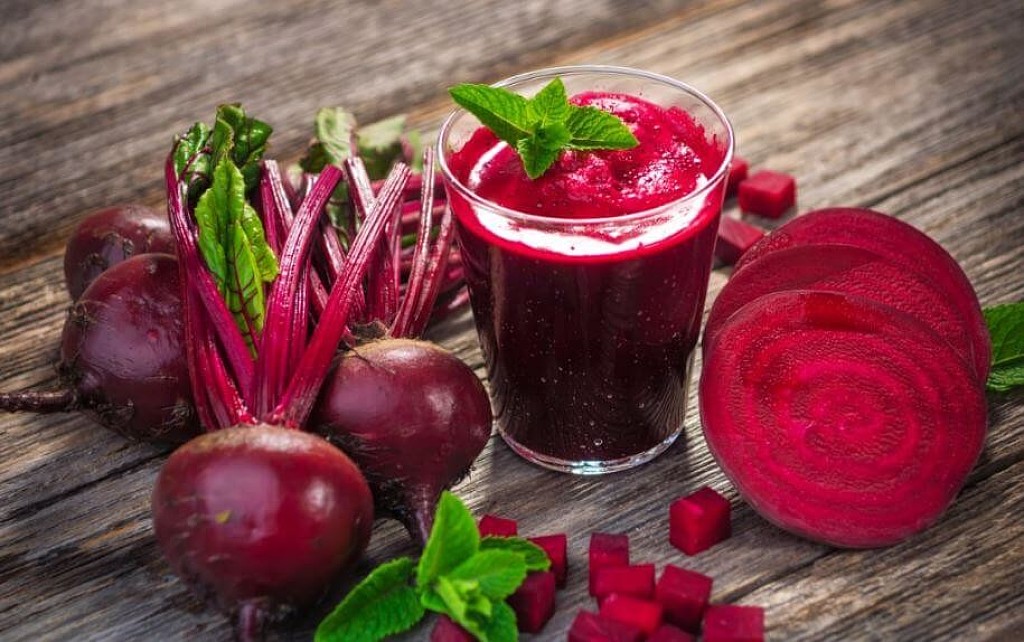Running News Daily
Running News Daily is edited by Bob Anderson. Send your news items to bob@mybestruns.com Advertising opportunities available. Train the Kenyan Way at KATA Kenya and Portugal owned and operated by Bob Anderson. Be sure to catch our movie A Long Run the movie KATA Running Camps and KATA Potato Farms - 31 now open in Kenya! https://kata.ke/
Index to Daily Posts · Sign Up For Updates · Run The World Feed
Beet juice enhances athletic performance giving to the athletes an amount of nitrate in a natural food source
Runners have experimented with a broad array of aids in pursuit of a performance edge. A popular one today that seems safe and backed by solid data is the juice of beets, for the nitrates they contain.
Inorganic nitrate is added to cured and processed meats to extend their shelf life and give them their distinctive pink color. It’s also naturally found in spinach, arugula and beets. In the past decade, new evidence has suggested that the nitrate in these vegetables enhances athletic performance and may also increase cardiovascular health in old age.
The first clue came in 2007, when Swedish researchers reported that three days of sodium nitrate supplementation lowered the oxygen demand of nine cyclists and triathletes as they worked out, compared with a placebo of table salt. It also increased the blood plasma levels of nitrite, a byproduct of nitrate.
That study caught the eye of exercise physiologist Andrew Jones of the University of Exeter in England. Usually, the oxygen demand of exercise is fixed, he says, so for a short-term intervention to change that “was unusual.”

Although it wasn’t clear how nitrate was doing what it did, Jones knew that green leafy vegetables and beets were rich sources. So he conducted a study, reported in the Journal of Applied Physiology, giving eight men active in recreational sports an equivalent amount of nitrate in a natural food source like beet juice.
The volunteers consumed 500 ml (17 ounces) of beet juice every day for six days. Then, after a break of 10 days, the groups were switched around and drank another drink for an additional six days.
By the last three days of the six, nitrate concentration in the blood of those drinking beet juice was almost doubled and their systolic blood pressure (which measures the pressure in your blood vessels as your heart beats) fell by an average of 6 points. The oxygen cost — the amount of oxygen consumed — when they exercised on a stationary bicycle was reduced by 19 percent.

“When we asked them to continue to exercise to exhaustion, they were able to go longer,” recalls Jones, who co-wrote a review on dietary nitrates in the 2018 Annual Review of Nutrition.
From then on, research on beet juice, beet juice concentrates, whole beets and nitrate salts started to pour in.
Nitrate itself doesn’t do much in the body. It first has to be converted to nitric oxide, a gas with numerous physiological roles — in blood vessel dilation, muscle contraction and transmission of nerve signals, among others. People obtain that nitric oxide in two ways: either through the action of the enzyme nitric oxide synthase, which catalyzes the amino acid L-arginine to produce it, or from nitrate ingested in food.
by Rodrigo Pérez Ortega
Login to leave a comment




